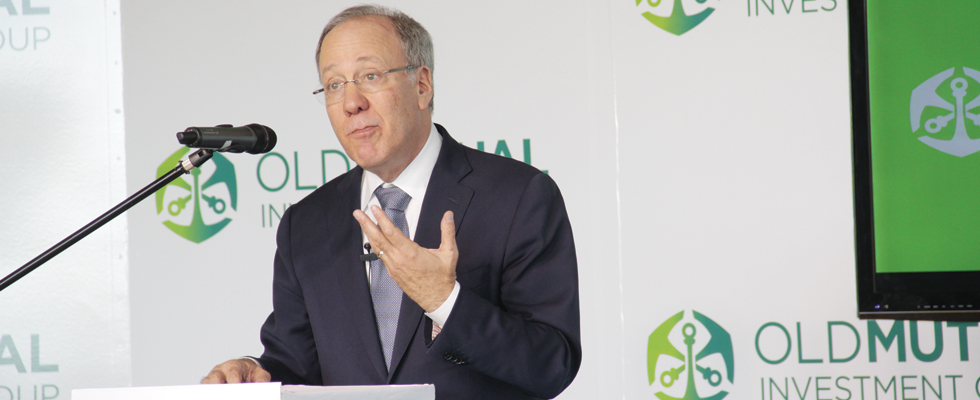
NOBEL laureate and economics professor Roger Bruce Myerson has challenged the business community and the government to build and earn trust to develop the economy.
TARISAI MANDIZHA
Speaking at the Old Mutual breakfast meeting in Harare last week, Myerson said building trust was at the centre of development.
“The way to prosperity for a country’s future is by deepening and forming good networks and trust. Trust begins with people who have a good reputation, but you will have a bad reputation if you abuse customers,” said Myerson, who won the Nobel Prize for Economics in 2007.
Myerson said democratic decentralisation could also help economic development by providing better mechanisms for local public investment.
He said local officials whose positions depended on national political patronage were inevitably less concerned about developing trust among the residents of a small poor community and thus, integrated efforts to achieve economic development throughout a nation may depend on a political system which devolves some real power to autonomously elected local leaders.
Myerson also said the key to successful democratic development in a nation was to increase its supply of leaders who had good reputations for exercising power and spending public funds responsibly.
He suggested that to increase this vital supply, local government could be potentially the largest source of such proven democratic leadership for a nation and that everyone understands the importance of government services for economic growth.
- Chamisa under fire over US$120K donation
- Mavhunga puts DeMbare into Chibuku quarterfinals
- Pension funds bet on Cabora Bassa oilfields
- Councils defy govt fire tender directive
Keep Reading
“But successful democracy requires more than just elections. Even with free elections, a corrupt political faction could maintain a grip on power if the voters believed that other candidates would not be any better. For each elective office, democratic competition can effectively provide incentives for better public service only when voters can identify two or more qualified candidates with good public reputation,” Myerson said.
“When such trusted leadership is lacking, democracy is inevitably disappointing. A presidential election by itself can give prestige to its winner, but it does nothing to develop the broader supply of trusted alternative candidates on which success of democracy will ultimately depend.”
He, however, said the essential supply of trusted democratic leadership could develop best in responsible institutions of local government, where successful local leaders could prove their qualifications to become strong, competitive candidates for higher office.
“When locally elected leaders have clear administrative and budgetary responsibility for the successes and failures of local government, then those who succeed will enlarge the nation’s vital supply of popularly trusted leaders,” he said.
Myerson said traditional forms of local politics in Africa were manipulated and distorted by colonial rulers, even as they claimed to respect the traditional rights of local chiefs.
Traditionally, a chief might have theoretically claimed absolute authority by right of inheritance, but in fact, he could maintain such claims against challengers only with a broad network of trusting local supporters throughout his domain, he said.
Myerson said for the vital goal of increasing the nation’s supply of popularly trusted leaders, traditional leadership may have a value that should not be neglected.
“To realise this potential, however, the position and potential advancement of a traditional leader should depend, not just on certification by a magistrate, but on broad popular approval from his community.”
Myerson is currently the Glen A. Lloyd Distinguished Service Professor of Economics at the University of Chicago.











